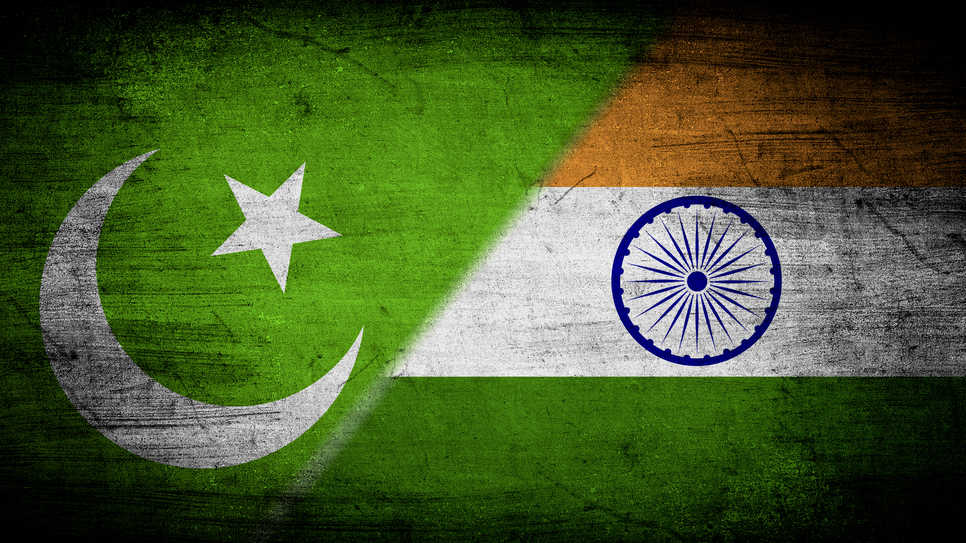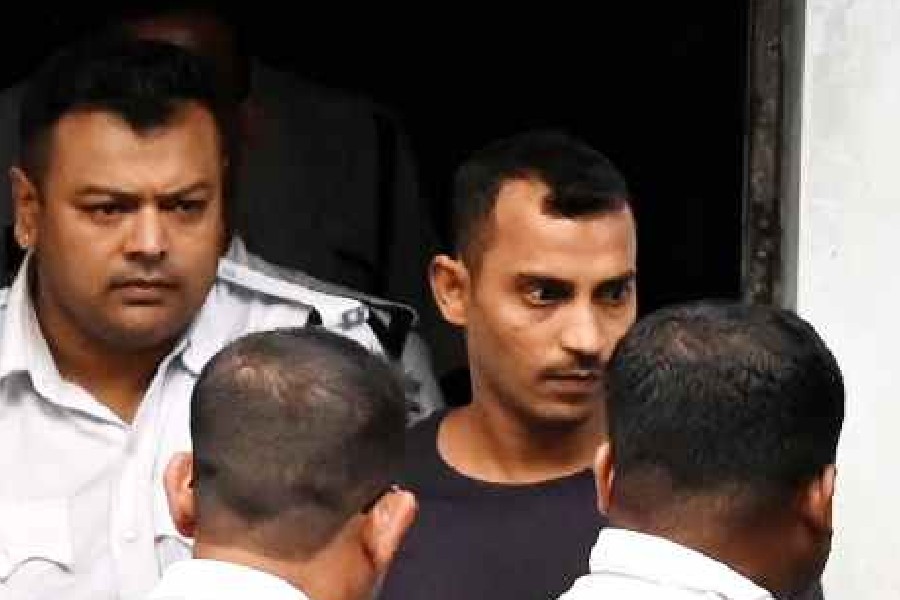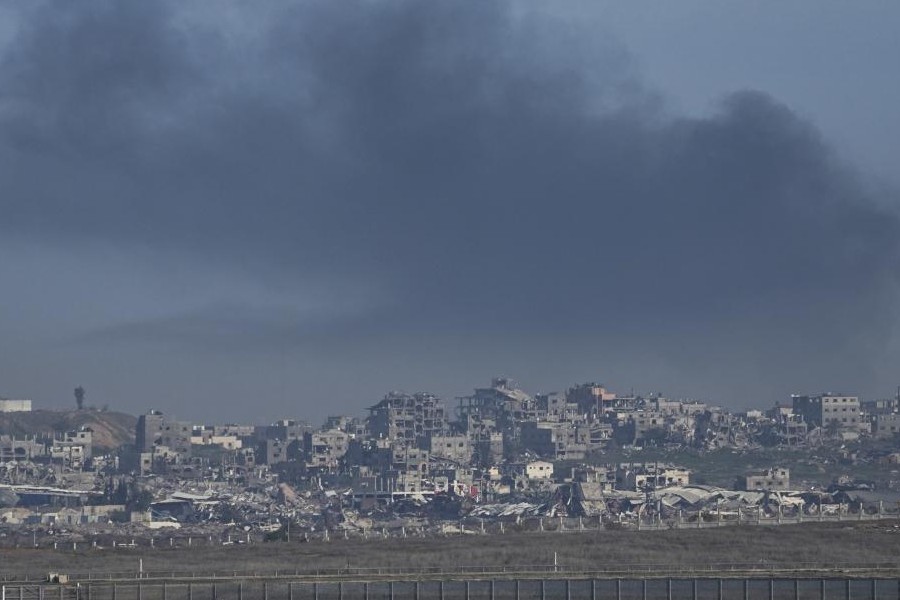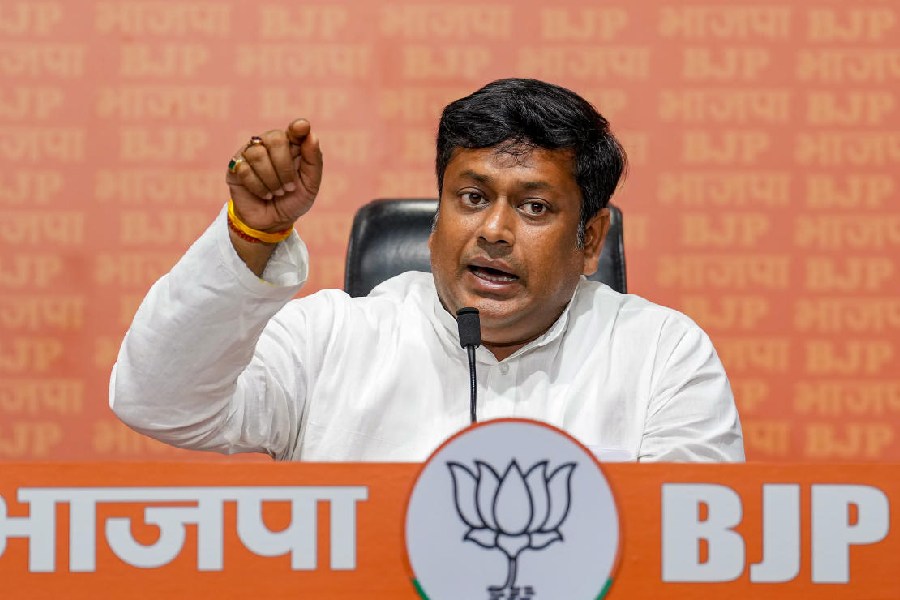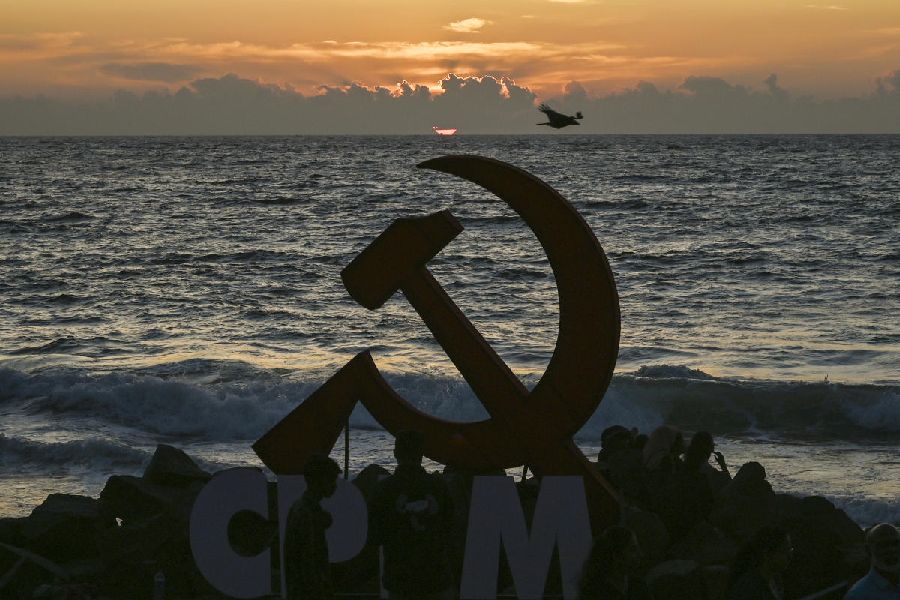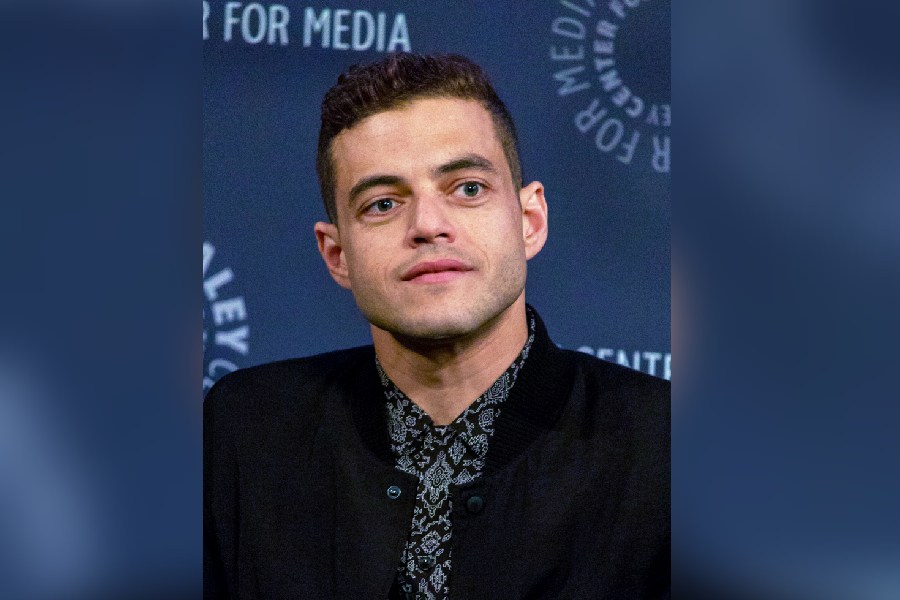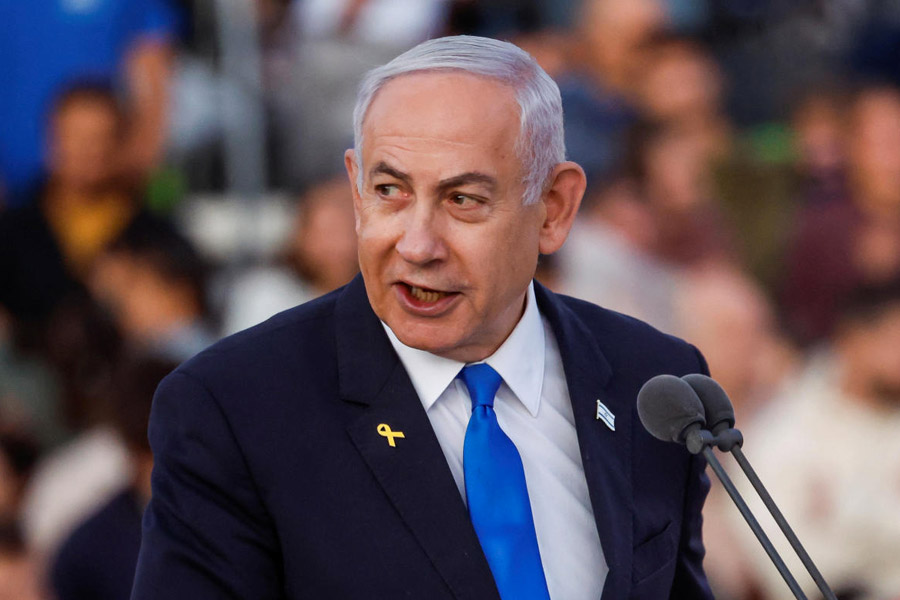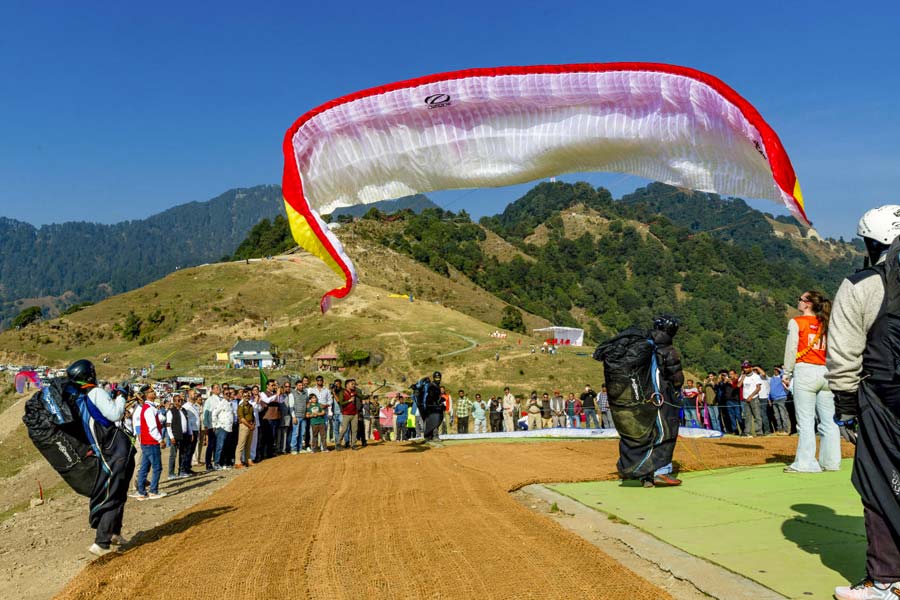India on Thursday said it has received Pakistan's response to its notice sent over two months ago seeking a review and modification of the 62-year-old Indus Waters Treaty (IWT) for management of cross-border rivers.
External Affairs Ministry Spokesperson Arindam Bagchi said the Pakistan Foreign Ministry on April 3 forwarded the letter that was written by Pakistan's Indus Water Commissioner to his Indian counterpart.
"We are examining the letter. We will consult with our stakeholders," he said at a media briefing.
India issued the notice to Pakistan on January 25 seeking a review and modification of the Indus Waters Treaty (IWT) following Islamabad's "intransigence" in handling disputes.
Pakistani media, quoting unnamed officials, reported that Pakistan conveyed in the letter that it was ready to listen to New Delhi's concerns about the treaty.
The officials said the decision about the parleys on changes to the treaty will be taken once Pakistan hears India's concerns at the PCIW (Permanent Commission of Indus Waters) level, said one of the reports. India took the significant step of sending the notice to Pakistan conveying its intent to amend the treaty around months after the World Bank announced appointing a neutral expert and a chair of Court of Arbitration to resolve the differences over the Kishenganga and Ratle hydro electric projects.
India has been particularly disappointed over the appointment of the Court of Arbitration. New Delhi considers the start of the two concurrent processes to resolve the dispute a violation of the provision of the graded mechanism prescribed in the pact and wondered what will happen if the mechanisms come out with contradictory judgements.
India has not cooperated with the Court of Arbitration.
Under the pact, any differences need to be resolved under a three-stage approach.
However, in case of Kishenganga and Ratle hydro electric projects, the World Bank started two concurrent dispute redressal processes at the insistence of Pakistan that India felt was a breach of the pact.
Except for the headline, this story has not been edited by The Telegraph Online staff and has been published from a syndicated feed.

